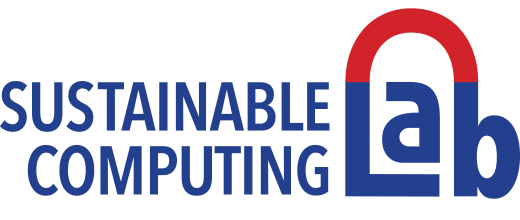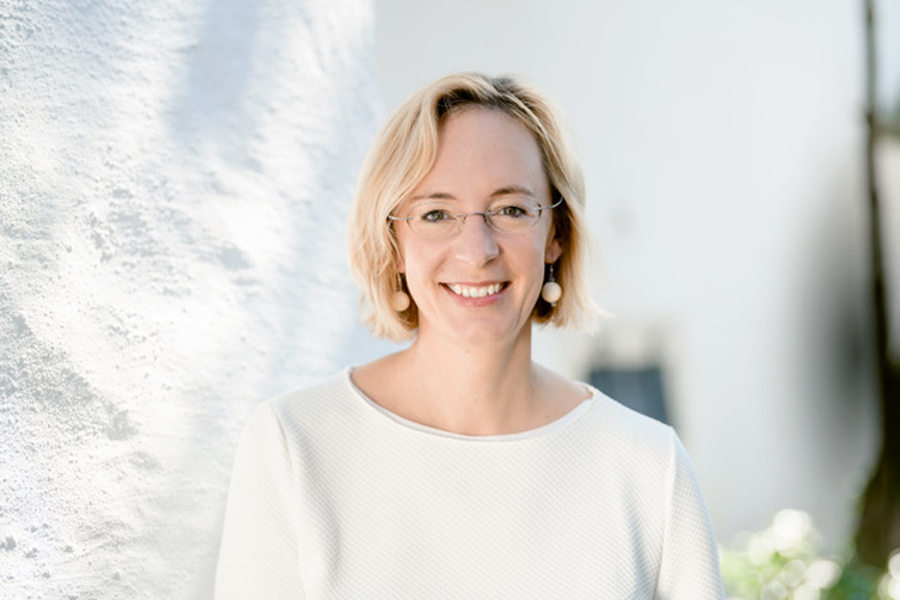Blog post written by Axel Polleres and originally posted on http://doingthingswithdata.wordpress.com/
A while ago, together with colleagues Sarah Spiekermann-Hoff, Sabrina Kirrane, and Ben Wagner (who joined in a bit later) we founded a joint research lab, to foster interdisciplinary discussions on how information systems can be build in a private, secure, ethical, value-driven, and eventually more human-centric manner.
We called this lab the Privacy & Sustainable Computing Lab to provide a platform to jointly promote and discuss our research and views and provide a think-tank on how these goals can be achieved, also open to others. Since then, we had many partially heated but first and foremost always very rewarding discussions, to create mutual understanding between researchers coming from an engineering, AI, social sciences, or legal background, on how to address challenges around digitization.
Not surprisingly, the first (and maybe still unresolved) discussion was about how to name the lab. Back then, our research was very much focused on privacy, but we all felt that the topic of societal challenges in the context of the digital age need to be viewed broader. Consequently, one of the first suggestions floating around was “Privacy-aware and Sustainable Computing Lab“, emphasizing on privacy-awareness as one of the main pillars, but with the aim for a broader definition of sustainable computing, which we later shortened to just “Privacy & Sustainable Computing Lab” (for merely length reasons, if I remember correctly, my co-founders to correct me if I am wrong 😉 ).
Towards defining Sustainable Computing
On coming up with a joint definition of the term “Sustainable Computing” back then, I answered in an internal e-mail thread that
Sustainable Computing for me encompasses obviously:
- human-friendly
- ecologically-friendly
- societally friendly
aspects of [the design and usage of] Computing and Information Systems. In fact, in my personal understanding these three aspects are – in some contexts – potentially conflicting, but resolving and discussing these conflicts is one points why we have founded this lab in first place.
Conflicts add Value(s)
Conflicts can arise for instance from individual well-being being weighed higher than ecologic impacts (or vice versa), or likewise in how much a society as a whole needs to respect and protect the individual’s rights and needs, and in which cases (if at all ever) the common well-being should be put above those individual rights.
These are fundamental questions in neither of which I would by any means consider myself an expert, but where obviously, if you think them into design of systems or into a technology research agenda (which would be more my home-turf), then it both adds value and makes us discuss values as such. Conflicts, that is, making value conflicts explicit and resolving conflicts about the understanding and importance of these values is a necessary part of Sustainable Computing. This is why Sarah suggested the addition of
4. value-based
computing, as part of the definition.
Sabrina added, that although sustainable computing is not mentioned the ideas herein, the notion of Sustainable Computing resonates well with what was postulated in the Copenhagen Letter.
Overall, we haven’t finished the discussion about a crisp definition about what Sustainable Computing is (which is maybe why you don’t find it yet on our Website), but for me this is actually ok: to keep this definition evolving and agile, to keep ready for discussions about it, to keep learning from each other. We’ve also discussed sustainable computing quite extensively in a mission workshop in December 2017, to try to better define what sustainable computing is and how it influences our research.
What I learned mainly is that we as technology experts play a crucial role and carry responsibility in defining Sustainable Computing: by being able to explain limitations of technology but also as advocates of the benefits of technologies, in spite of risks and justified skepticism, and by helping developing technologies to minimize these risks.
Some Examples
Some examples of what falls for me under Sustainable computing:
- Government Transparency through Open Data, and making such Open Data easily accessible to citizens – we try to get closer to this vision in our national research project CommuniData
- Building technical infrastructures to support transparency in personal data processing for data subjects, but also to help companies to fulfill the respective requirements in terms of legal regulations such as the GDPR – we are working on such an infrastructure in our EU H2020 project SPECIAL
- Building standard model processes for value-based, ethical system design, as the IEEE P7000 group does it (with involvement of my colleague Sarah Spiekermann).
- Thinking about how AI can support ethics (instead of fearmongering the risks of AI) – we will shortly publish a special issue on some examples in a forthcoming volume of ACM Transactions on Internet Technologies (TOIT)
- Studying phenomena and social behaviours online with the purpose of detecting and pinpointing biases as for example our colleagues at the Complexity Science Hub Vienna do in their work on Computational Social Sciences, understanding Systemic Risks and Socio-Economic Phenomena
Many more such examples are hopefully coming out of our lab through cross-fertilizing, interdisciplinary research and discussions in the years to come…



